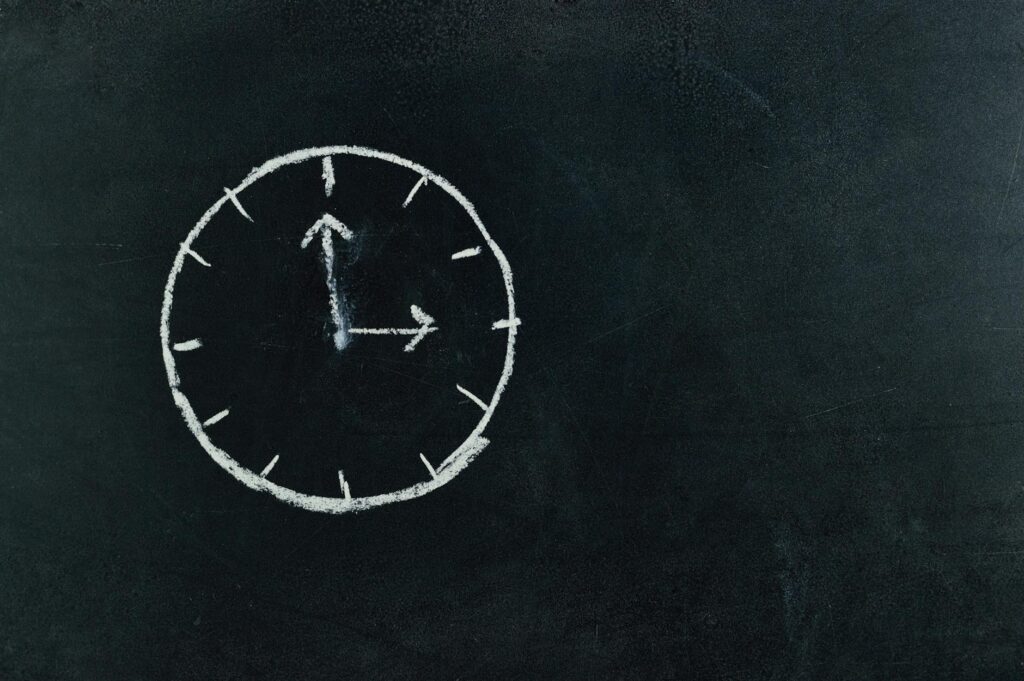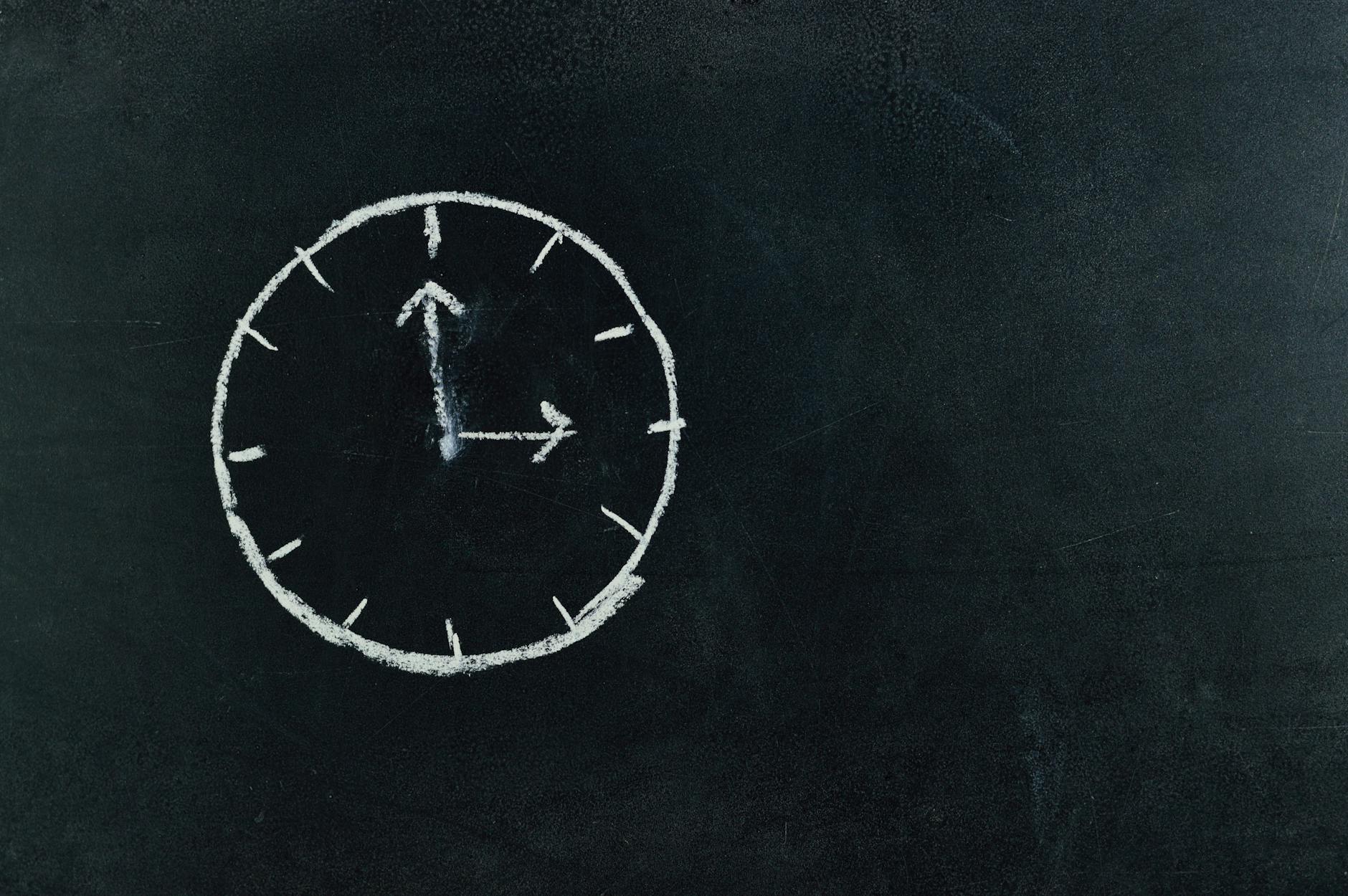What is study time clock?

What is study time clock?
In today’s fast-paced world, managing time efficiently can feel like a juggling act. A study time clock can be a valuable tool that helps you stay organized and productive. Whether you’re a student trying to balance classes, assignments, and extracurricular activities, or a professional looking to enhance your skills through self-study, understanding the concept of a study time clock is essential for effective time management.
Let’s explore what a study time clock is, how it works, and the numerous benefits it offers for your productivity and study habits.
Understanding the Study Time Clock
A study time clock is a specialized tool designed to help people manage their study sessions effectively. It helps in tracking time spent on study activities and encourages focused work periods.
Definition of a Study Time Clock
A study time clock serves as a timer for study sessions, enabling users to set specific time intervals for focused work. The primary purpose of this tool is to help individuals manage their study time better, ensuring they can concentrate on learning without the distractions of the outside world.
How Study Time Clocks Work
Study time clocks can come in both digital and analog formats.
-
Digital Study Time Clocks: These often feature customizable options allowing you to set specific time intervals. They may offer features like alarms, reminders, and even visual cues to indicate when it’s time to take a break. For instance, you might check out this Pomodoro Timer that helps manage your study time by breaking it into intervals.
-
Analog Study Time Clocks: These are more traditional, using a physical timer to keep track of your study periods. While they lack some of the sophisticated features of digital timers, they provide a straightforward and distraction-free way to monitor time.

Photo by Miguel Á. Padriñán
Benefits of Using a Study Time Clock
Implementing a study time clock in your routine can lead to various advantages that enhance your overall efficiency and productivity.
Enhanced Focus and Concentration
One of the main benefits of using a study time clock is improved focus. By allocating specific time slots for studying, you train your brain to concentrate on tasks without wandering off. This structured approach helps maintain a distraction-free environment, allowing you to dive deep into your study material.
Better Time Management
Using a study time clock aids in better time management. By planning and tracking your study sessions, you can allocate your time wisely, ensuring each subject or task receives adequate attention. You might find valuable insights on the benefits of time management that emphasize how effective scheduling can lead to increased productivity and reduced stress.
Effective Techniques for Using a Study Time Clock
To get the most out of your study time clock, consider these techniques that can optimize your study sessions.
Pomodoro Technique
The Pomodoro Technique is a popular method that involves breaking study time into intervals, typically 25 minutes long, followed by short breaks. Using a study time clock, you can easily implement this technique by setting it to remind you when to take breaks. This not only enhances focus but also ensures you recharge enough to maintain productivity.
Customizing Study Sessions
It’s essential to customize your study sessions based on your personal preferences and goals. Experiment with different study lengths and break times to find what works best for you. A study time clock allows you to adjust these periods, making it easier to create a study routine tailored to your needs.
Incorporating a Study Time Clock into Daily Life
Integrating a study time clock into your daily routine can lead to significant improvements in your study efficiency.
Setting Study Goals and Schedules
Start by defining clear study goals. What do you want to achieve in each session? Setting specific objectives can help coordinate your study time clock to ensure you stay focused on tasks that matter most. For example, you might aim to complete a chapter of a textbook or revise key concepts before an exam.
Monitoring Progress and Adjustments
Tracking your progress is crucial to understanding the effectiveness of your study sessions. After using your study time clock for some time, take a step back and evaluate whether your original goals were met. If not, adjust your clock settings or study strategies accordingly. This reflective practice can significantly enhance your learning experience.
Conclusion
In the pursuit of effective study habits and improved productivity, a study time clock stands out as a smart tool to incorporate into your routine. By helping you manage time better, maintain focus, and customize study sessions, it paves the way for better learning outcomes.
If you’re looking to enhance your study practices or simply want to make the most of your time, consider implementing a study time clock. It could be the key to unlocking a more structured and productive approach to your learning journey.